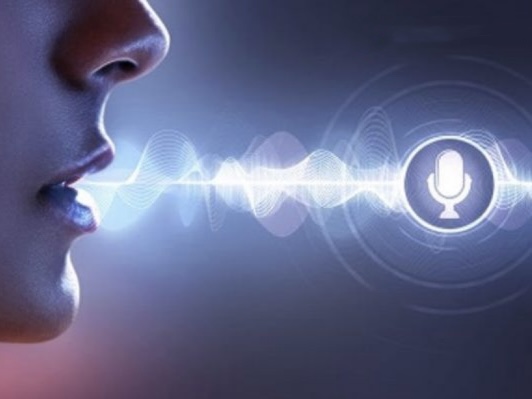- Voice assistant AI utilises natural language processing and machine learning to understand and respond to spoken commands, revolutionising human-computer interaction.
- Popular voice assistant platforms such as Amazon Alexa, Google Assistant, Apple Siri, and Microsoft Cortana offer a wide range of features, from smart home control to virtual assistance and productivity tools.
- While voice assistants enhance convenience and efficiency, concerns about privacy, security, and data protection underscore the importance of implementing robust privacy measures and user control options.
Voice assistant AI has become an integral part of our daily lives, revolutionising the way we interact with technology. From setting reminders to controlling smart home devices, these intelligent virtual assistants have seamlessly integrated into our routines, offering convenience and efficiency like never before. But what exactly is voice assistant AI, and how does it work?
What is voice assistant AI?
Voice assistant AI refers to artificial intelligence technology that enables devices to understand and respond to human voice commands or queries. These assistants use natural language processing (NLP), machine learning, and other AI techniques to interpret spoken language and provide relevant information or perform tasks.
How voice assistants work?
Voice assistants rely on a combination of hardware and software components to function effectively. The hardware typically includes microphones for capturing voice input and speakers for delivering responses. The software component comprises sophisticated algorithms that process and analyse the incoming audio data.
When a user interacts with a voice assistant by issuing a command or asking a question, the audio input is first converted into digital data. This data is then processed by the AI algorithms, which employ various techniques to understand the user’s intent and extract relevant information from the input.
Natural language processing plays a crucial role in enabling voice assistants to comprehend the nuances of human speech. NLP algorithms parse the text to identify keywords, extract entities, and determine the syntactic structure of the input. Machine learning models, trained on vast amounts of data, help voice assistants improve their accuracy and understand context more effectively over time.
Once the user’s intent is deciphered, the voice assistant proceeds to execute the requested action. This could involve performing a web search, providing information from a database, controlling smart home devices, setting reminders, sending messages, or performing any other task within its capabilities.
Also read: What AI voice generator is everyone using?
Popular voice assistants
Amazon Alexa
Developed by Amazon, Alexa powers devices such as the Echo smart speakers. It can perform a wide range of tasks, including playing music, answering questions, and controlling smart home devices.
Apple Siri
Siri is Apple’s voice assistant, integrated into iOS devices such as iPhones, iPads, and HomePod speakers. It can assist users with tasks like sending messages, making calls, and providing personalised recommendations.
Google Assistant
Google Assistant is available on a variety of devices, including Android smartphones, Google Home speakers, and smart displays. It leverages Google’s vast knowledge graph to provide accurate answers to questions and assist with tasks like navigation and scheduling.
Microsoft Cortana
Cortana, developed by Microsoft, is integrated into Windows 10 devices and can also be accessed via the Cortana app on other platforms. It offers features such as reminders, calendar management, and voice-controlled search.
Also read: Apple Siri team given choice: Move office with $7,000, or get fired
Privacy and security concerns
While voice assistants offer numerous benefits, they also raise concerns regarding privacy and security. Since they continuously listen for wake words and process audio data, there’s a risk of unintentional recordings and privacy breaches. Additionally, concerns about data storage, third-party access, and potential misuse of personal information highlight the importance of robust privacy measures and user control options.
As technology advances, voice assistant AI will continue to evolve, becoming more intelligent, intuitive, and seamlessly integrated into our lives. Enhanced natural language understanding, personalised experiences, and expanded capabilities are on the horizon, promising even greater convenience and efficiency.

